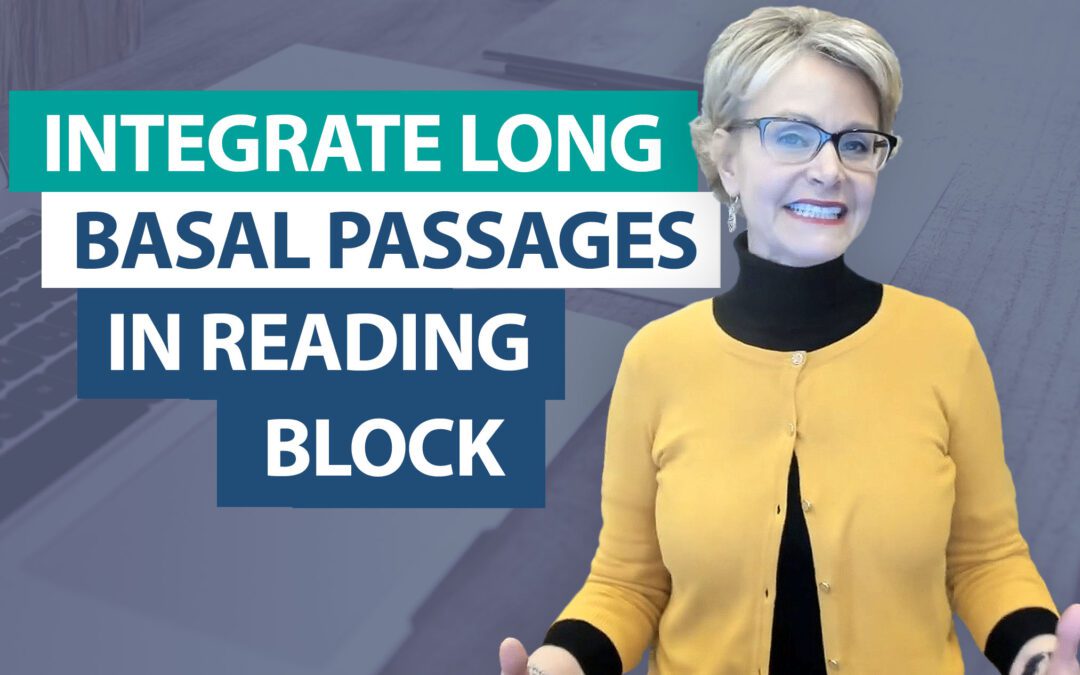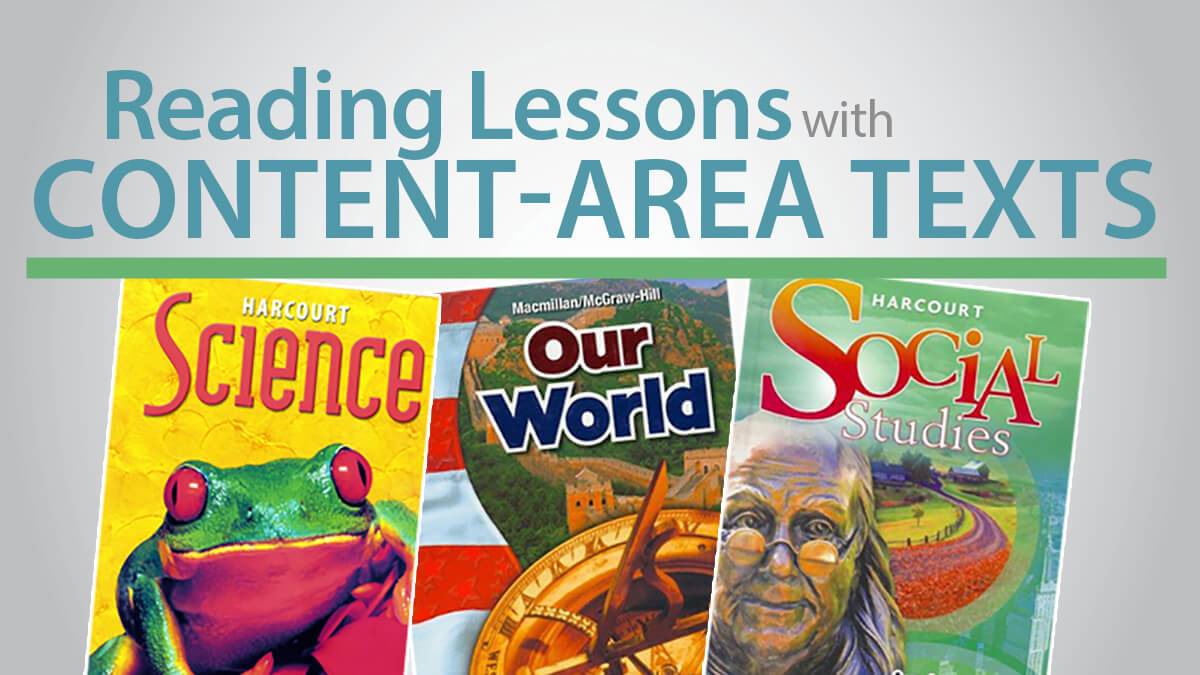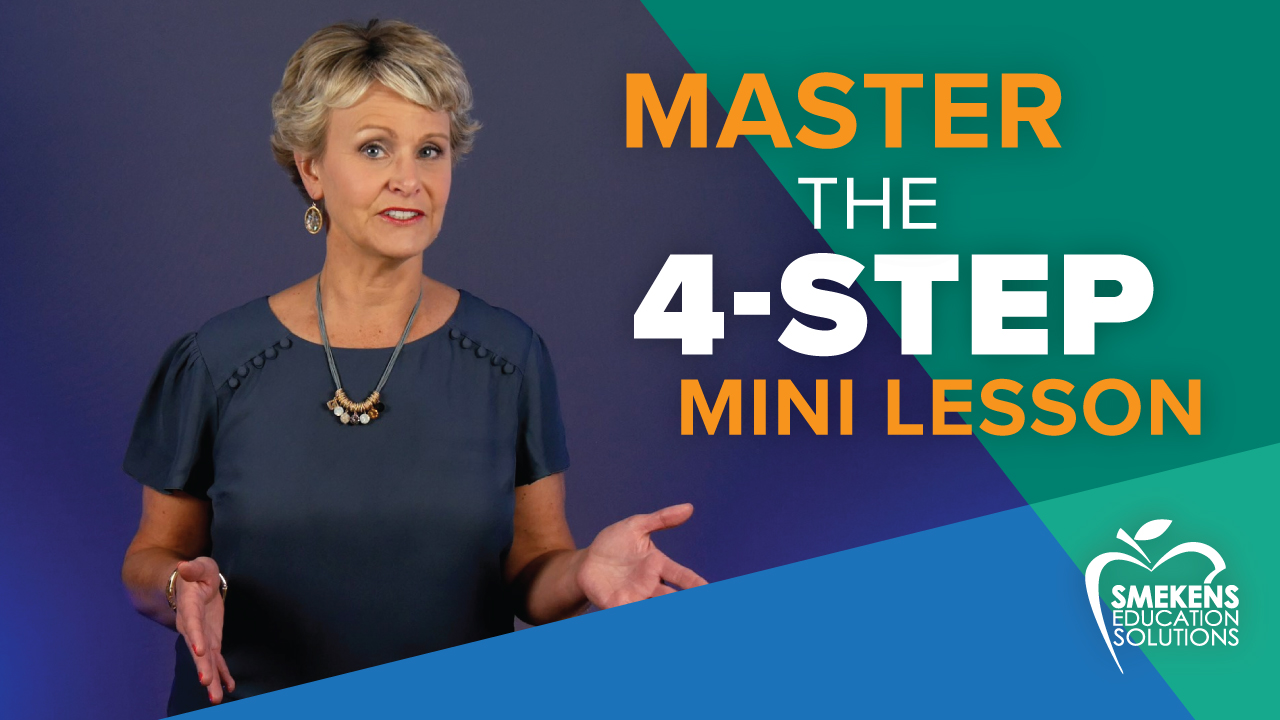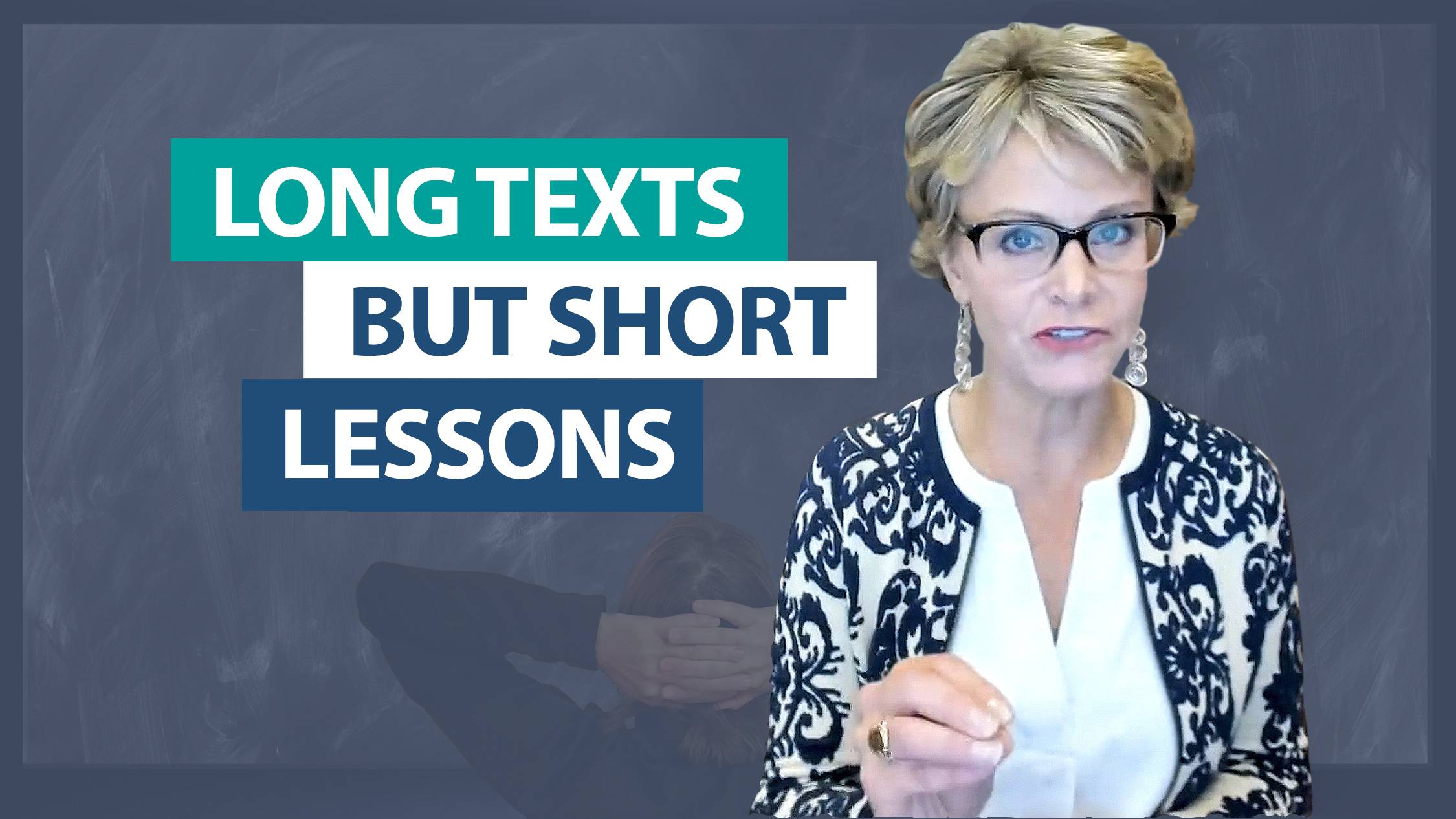Learning Center
reading
Use longer basal passages after the mini-lesson
February 9, 2021
Teaching students how to read and think critically starts with effective, whole-class comprehension instruction.
As teachers plan and deliver comprehension mini-lessons, the game plan should always include these foundational principles:
- Mini-lessons should target a narrowly focused comprehension skill.
- Every whole-class mini-lesson should be delivered in the 4-step, gradual-release format.
- Instructional points are to be planned first—before choosing the text to model the skill.
- Text introduced in the lesson should be minimal, allowing the focus to be on teaching thinking. (This likely means using excerpts in many lessons.)
These fundamentals, when combined, are the foundation for teaching powerful whole-class reading comprehension lessons. And when compared to a basketball team, this instructional time is parallel to when the coach holds the ball and teaches his team a new play. The players all watch and listen as the coach breaks down the facets of the play. Similarly, in the reading block, this “new play” is when the teacher breaks down a new way to think as a reader.
Benefits of the basal
While this approach to mini-lesson instruction requires the use of short passages during the lesson, it’s important to recognize that longer passages play an essential role after the lesson.

1. Execute skill scrimmages
In our sports analogy, this is like a scrimmage when the kids are challenged to “run the play” with the teacher nearby for support. The coach (i.e., the teacher) gives the ball (i.e., the text) to the players (i.e., the students) and lets them try the play (i.e., the comprehension skill).
These occur in the form of Interactive Read Alouds and shared reading experiences. It’s during these times you want longer text—like chapters from novels and long passages from the reading series.
After the whole-class mini lesson, in other parts of the reading block, students practice putting that skill together with other previously learned skills all while reading a longer text.
Not only do longer texts allow students to juggle multiple comprehension skills at once, but these texts also give them an opportunity to grow their reader stamina.
2. Grow their stamina
Within a mini-lesson, the focus is teaching students a new way to think about an author’s ideas. Because of that singular focus, the text introduced is minimal. (The more time you spend reading, the less time you have to teach thinking.)
But the focus of a whole-class read aloud is to integrate that skill with several others—all while reading longer and more complex texts. Students need to see what grade-level text looks like in terms of length. They need time outside of the lesson to grapple with it and persevere through several paragraphs and pages, all to comprehend bigger ideas.
The length of these longer basal passages isn’t their only perk. Their topics are, too.
3. Build background knowledge
Many of the informational text passages are on people, places, and concepts that are directly related to science and social studies standards. This is not by accident. These longer passages allow readers to add to their knowledge on various topics that were previously introduced in science and social studies. Students read about archeological digs for ancient fossils, biographies on historical figures, and articles about commonplace concepts. Such topics only add to students’ understanding of the world and general background knowledge.
And it’s not just the nonfiction passages within the basal. Many of the literature passages include the types of character-event relationships or cultural versions that the ELA standards require in your grade-level standards.
Every one of the texts on an Interactive Read Aloud list or compiled in a basal was chosen intentionally. And although none of these long passages should be read in their entirety inside the whole-class comprehension lesson, they do serve a vital purpose and might be read outside of the lesson.





